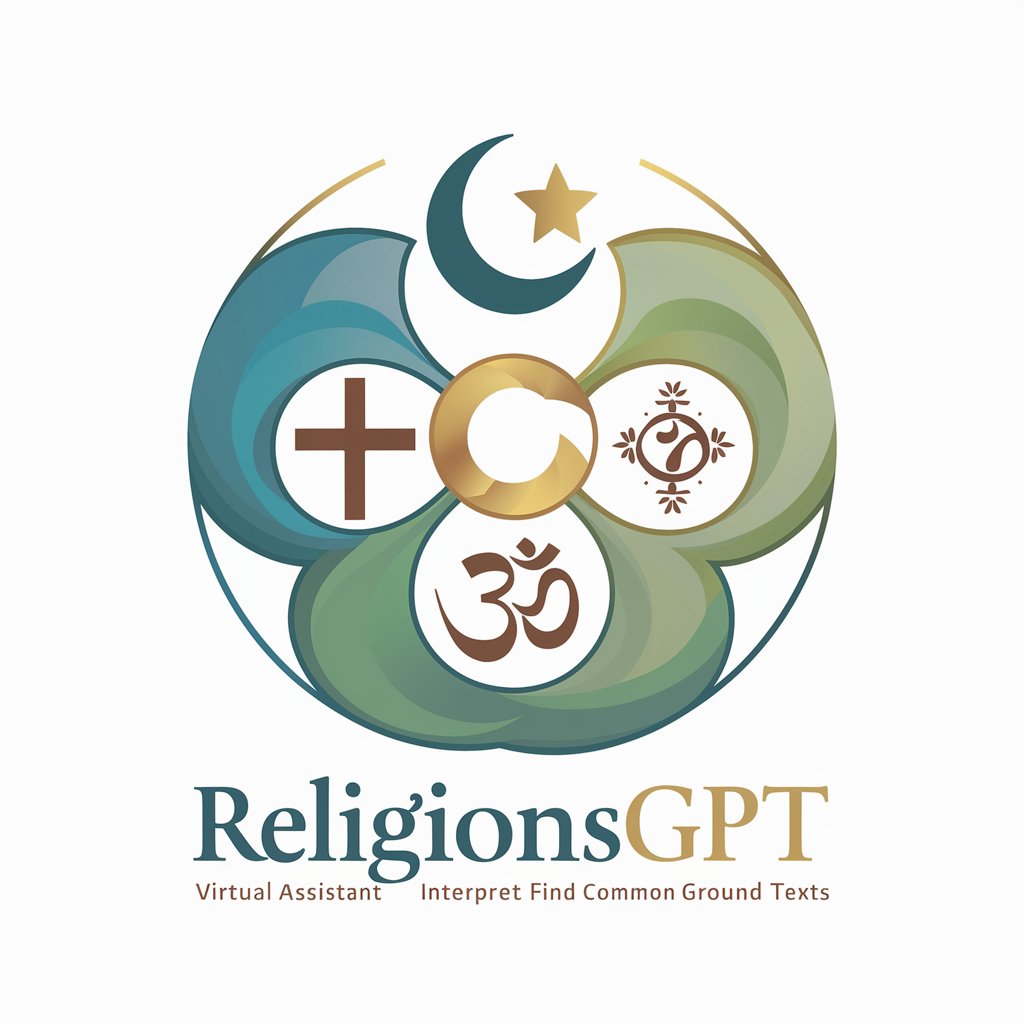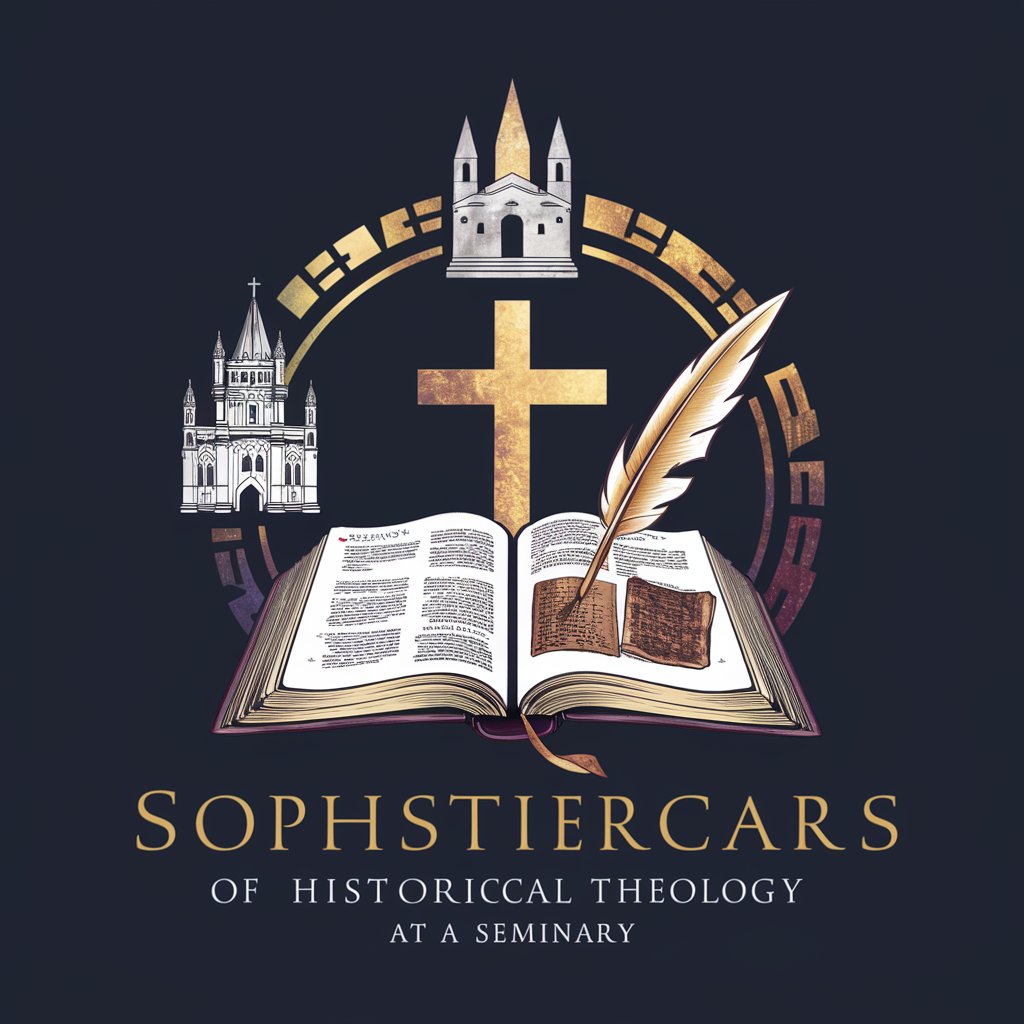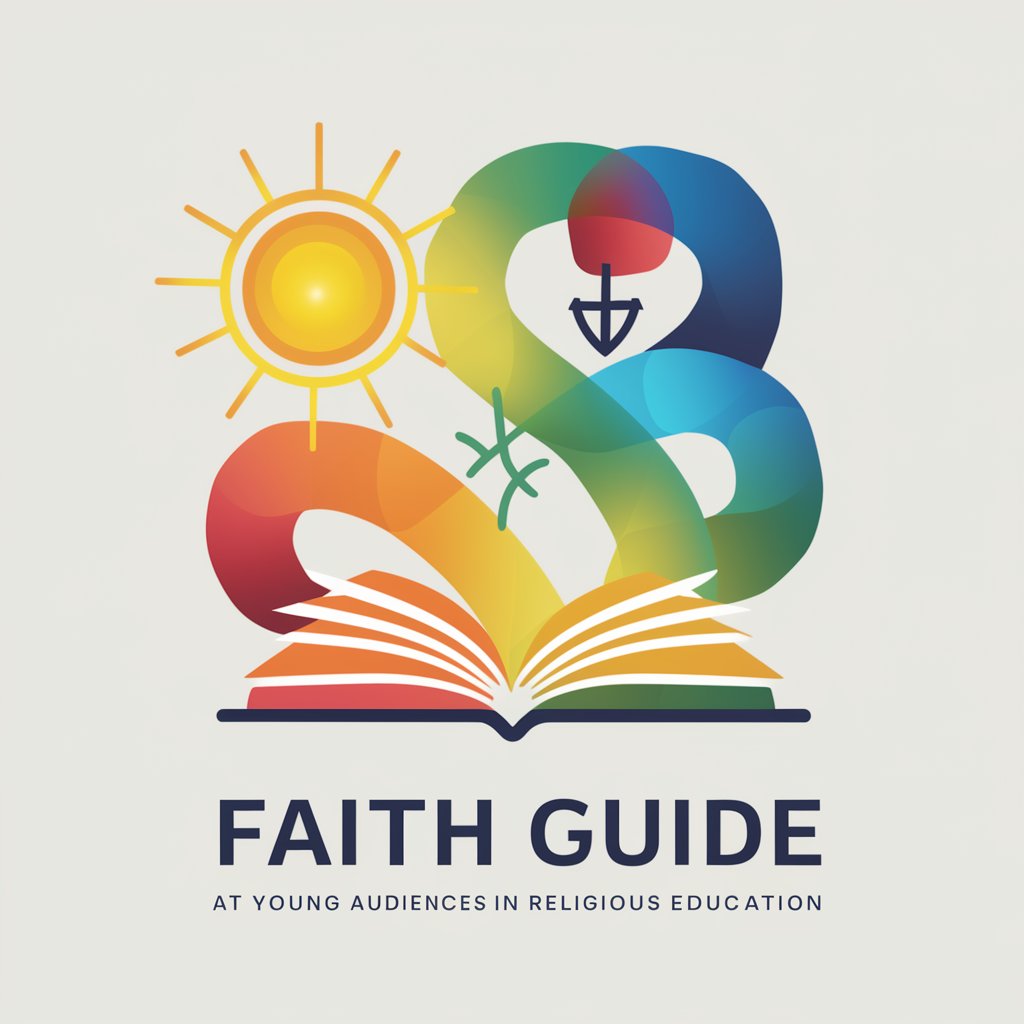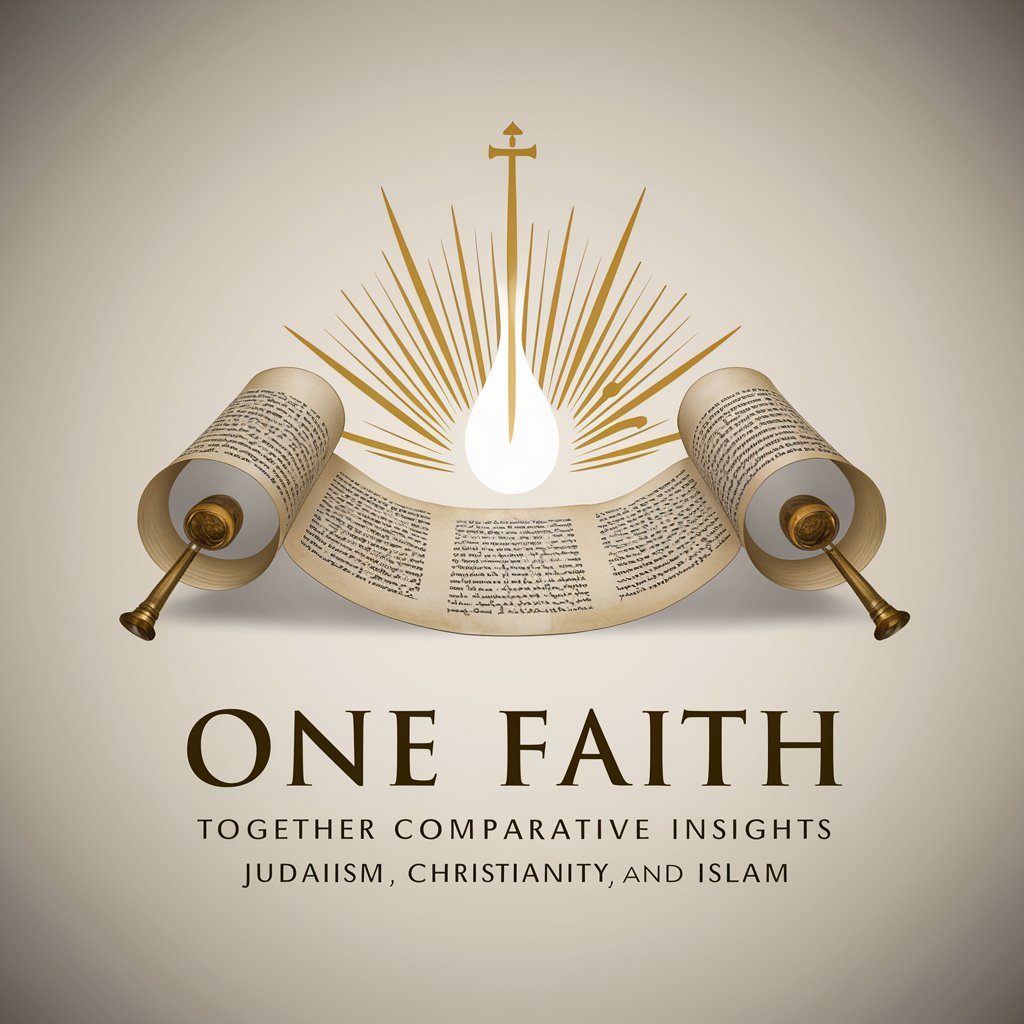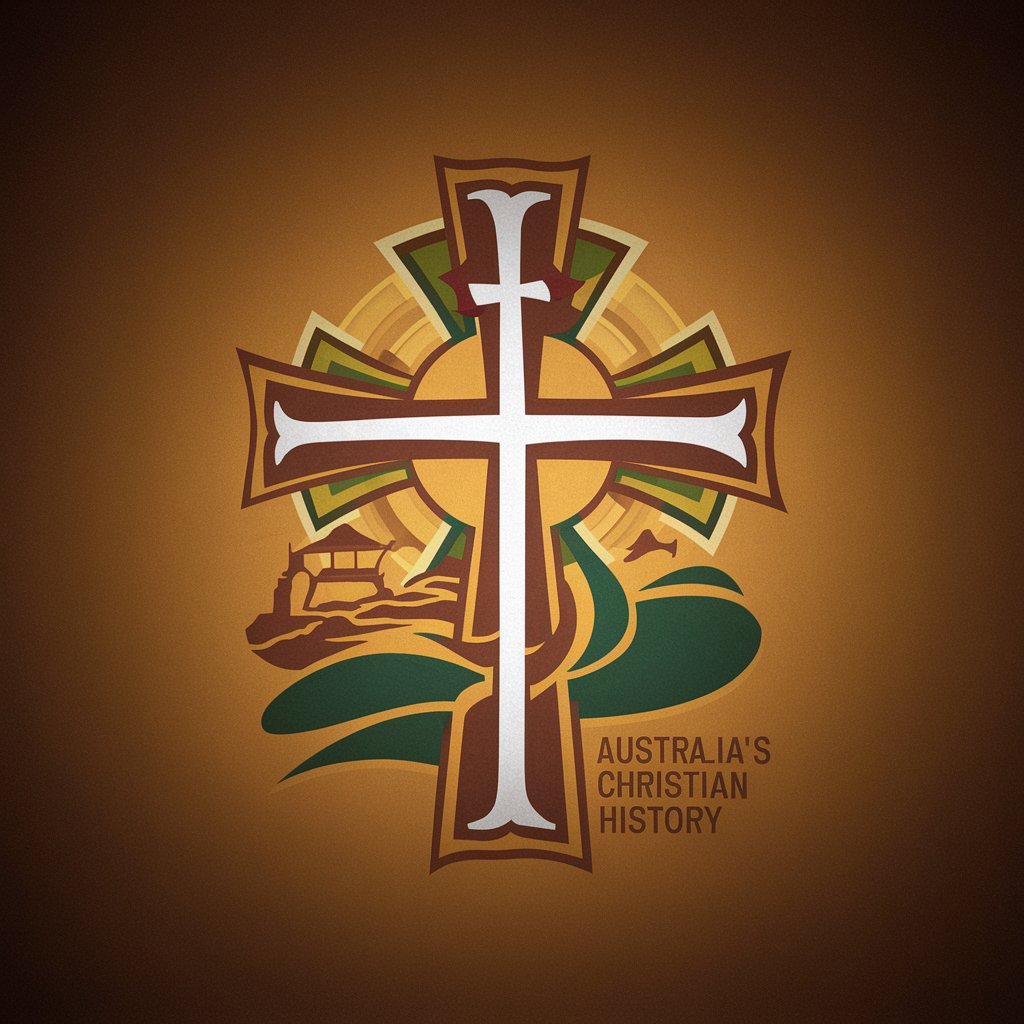
Religious History Overview - AI-Powered Religious Learning
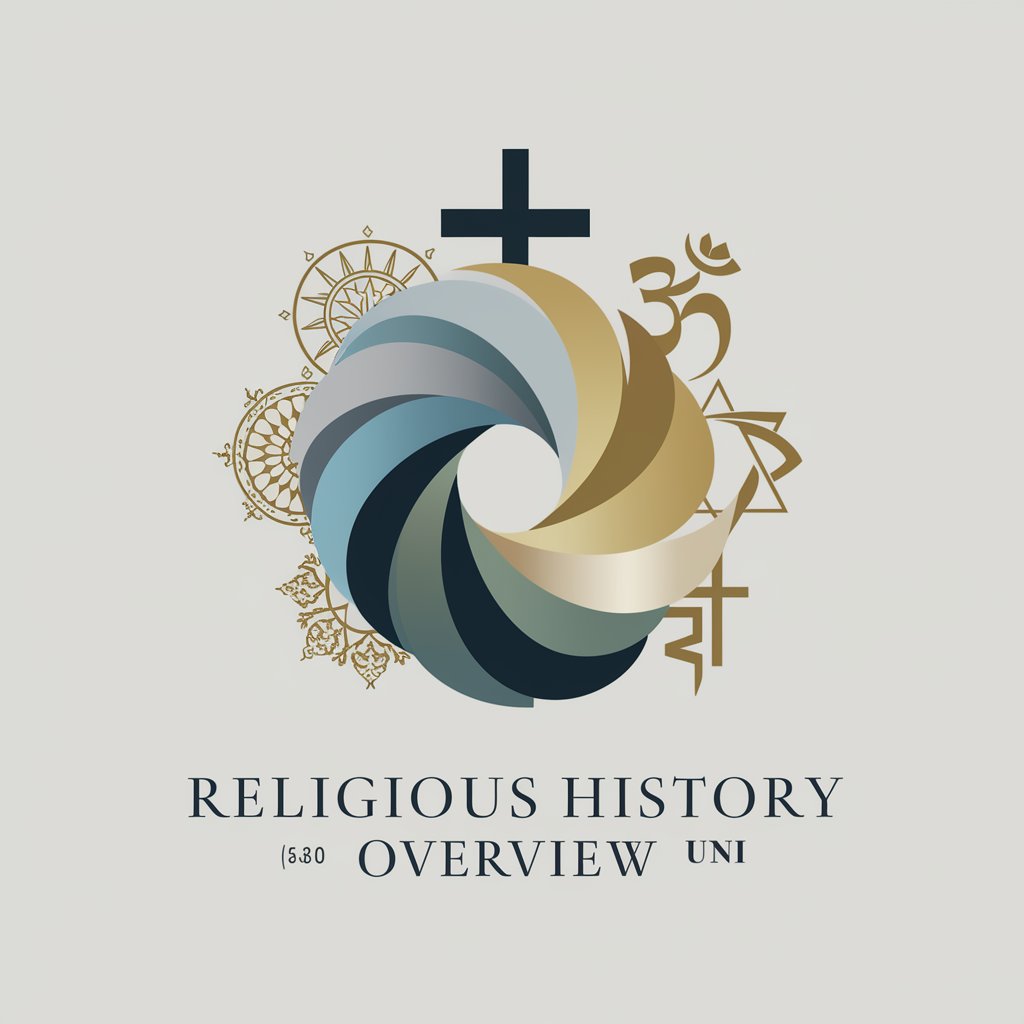
Welcome! Let's explore the rich tapestry of world religions together.
Explore Religions with AI Insight
Can you explain the origins and core beliefs of Buddhism?
What are the significant milestones in the history of Christianity?
Describe the key doctrines and practices of Hinduism.
Who are the pivotal personalities in the development of Judaism?
Get Embed Code
Introduction to Religious History Overview
The Religious History Overview, created by [UNI](https://useuni.app), serves as an AI-powered guide designed to provide a deep and comprehensive understanding of the world's major religions. It is tailored to educate users about the historical context, core doctrines, significant figures, and the development of religions such as Christianity, Islam, Buddhism, Hinduism, and Judaism. This guide integrates historical data, scholarly articles, and educational resources, complemented by visual enhancements like DALL·E-generated images of historical events and symbols. For example, it can generate a timeline of significant events in the development of Buddhism or an image depicting the spread of Christianity during the Roman Empire. Powered by ChatGPT-4o。

Main Functions of Religious History Overview
Educational Enrichment
Example
Creating detailed timelines and narratives that track the evolution of religious beliefs and their impact on societies.
Scenario
A university student using the tool to gather detailed historical context for a thesis on the influence of Islam in medieval Spain.
Visual Learning
Example
Generating images that represent key religious symbols or reenact important historical religious events.
Scenario
A high school history teacher illustrating a lesson on the Reformation with images of Martin Luther and the 95 Theses.
Interactive Learning
Example
Offering quizzes to test user knowledge on the basic tenets of various religions, such as the Five Pillars of Islam or the Eightfold Path of Buddhism.
Scenario
A group of online learners participating in a quiz to reinforce their understanding of Hindu deities after a lesson module.
Ideal Users of Religious History Overview
Students and Educators
Students from secondary to tertiary levels and educators in religious and historical studies can utilize this tool to enhance learning and teaching experiences with accurate, comprehensive, and visually engaging content.
Researchers and Academics
Researchers focusing on theological and historical studies can find detailed analyses and synthesized information that aids in scholarly work, such as preparing academic papers or presentations.
General Public Interested in Religious Studies
Individuals curious about the historical development and doctrines of various world religions can use this tool to gain a thorough understanding and appreciation of religious diversity and history.

How to Use Religious History Overview
Start with a Free Trial
Visit yeschat.ai for a free trial without needing to log in, and without requiring ChatGPT Plus.
Select a Topic
Choose a religious topic of interest from options such as Christianity, Islam, Buddhism, Hinduism, or Judaism to explore detailed historical insights and doctrines.
Engage with Content
Read through the systematic presentation of histories, pivotal personalities, sacred texts, and milestones of your chosen religion.
Utilize Interactive Features
Take advantage of interactive quizzes and image visualizations to enhance understanding and retention of the information.
Explore Further
Use the additional resources provided for each topic to deepen your knowledge about specific aspects of the religious traditions.
Try other advanced and practical GPTs
Tamil Religious Study Guide
Explore Tamil spirituality, AI-driven learning
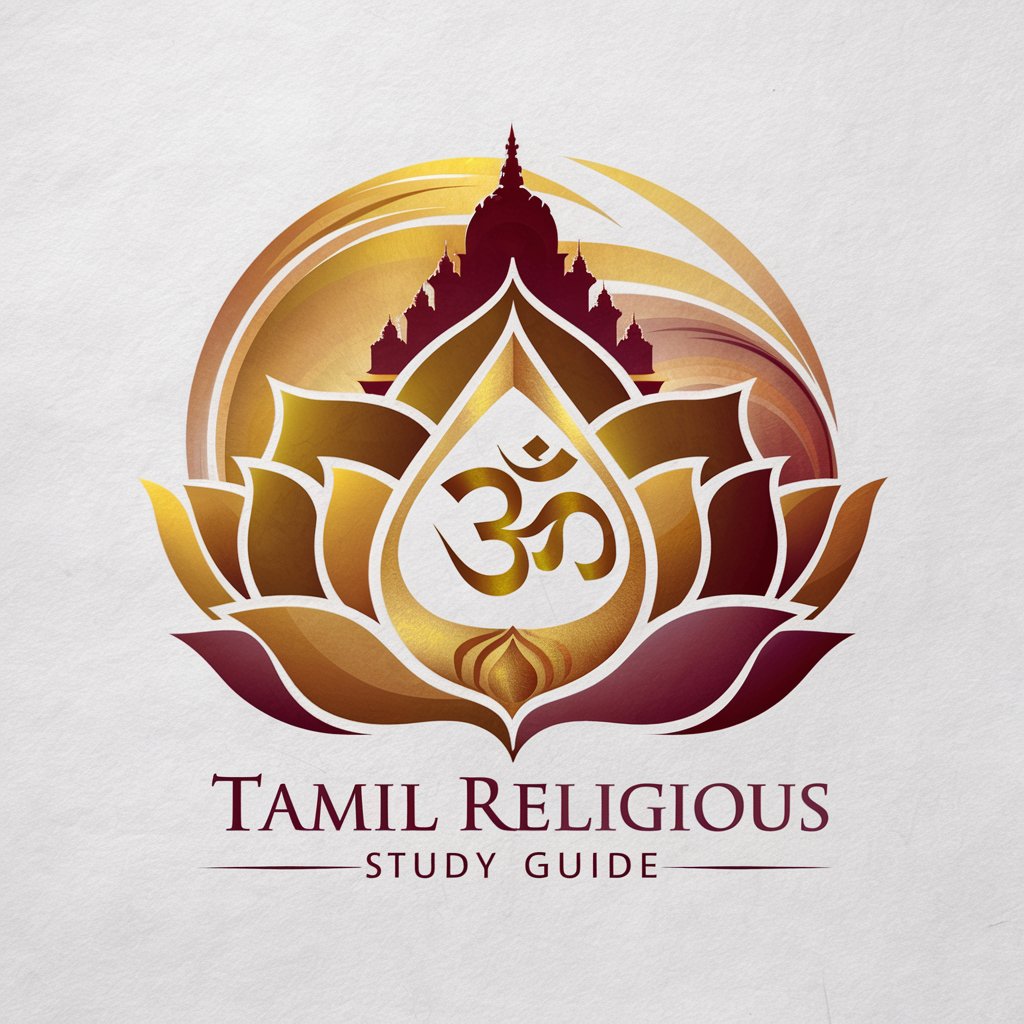
Urdu Religious Scholar
Enlightening Urdu spiritual insights, powered by AI
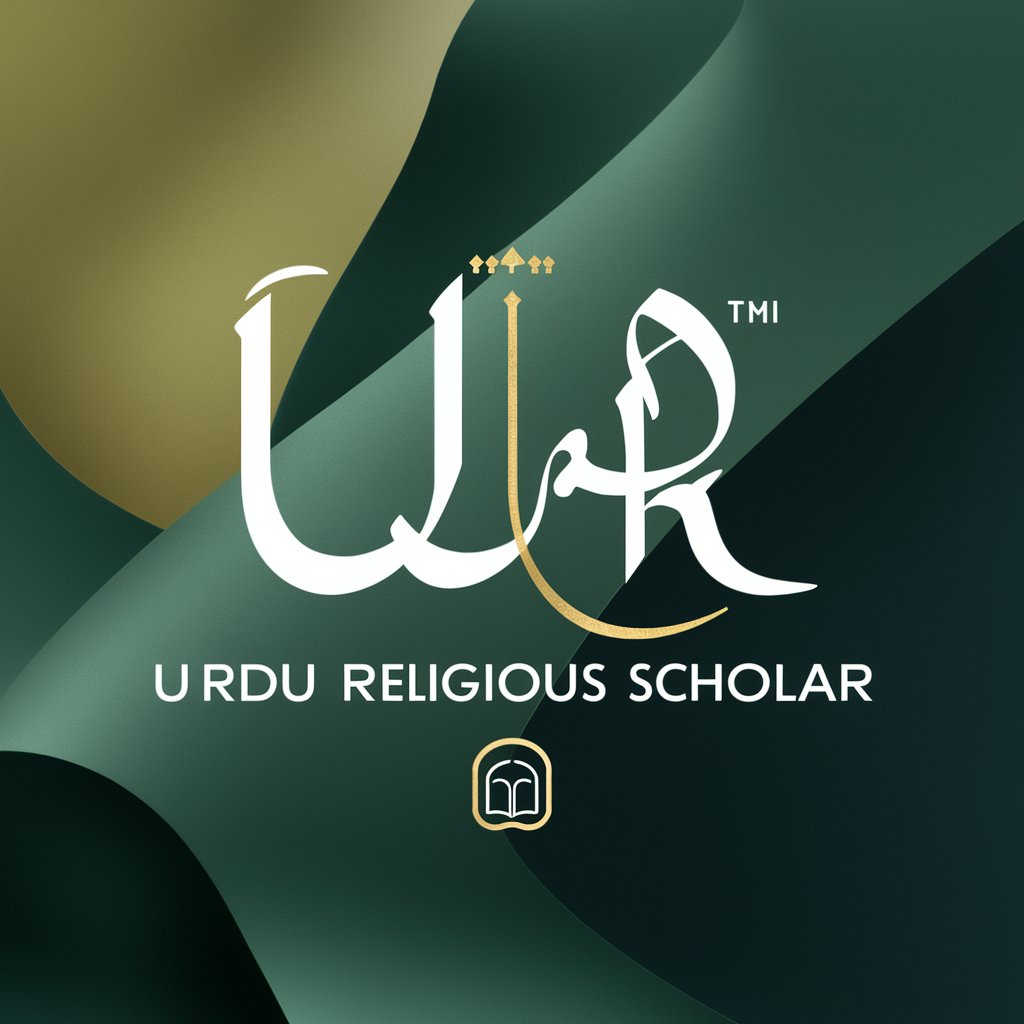
Religious Studies Mentor
Exploring Faith with AI-driven Insights
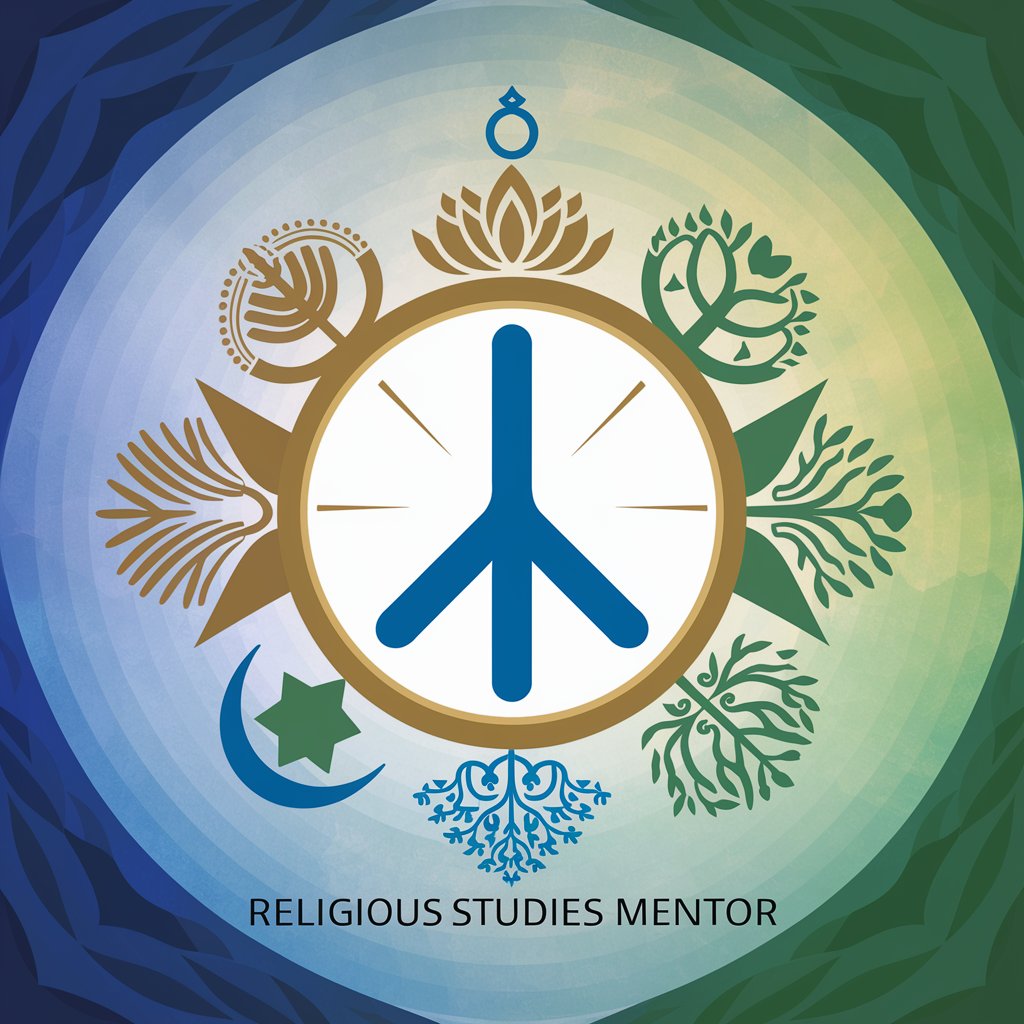
Historical Religious Event Analysis
Explore Religious History with AI
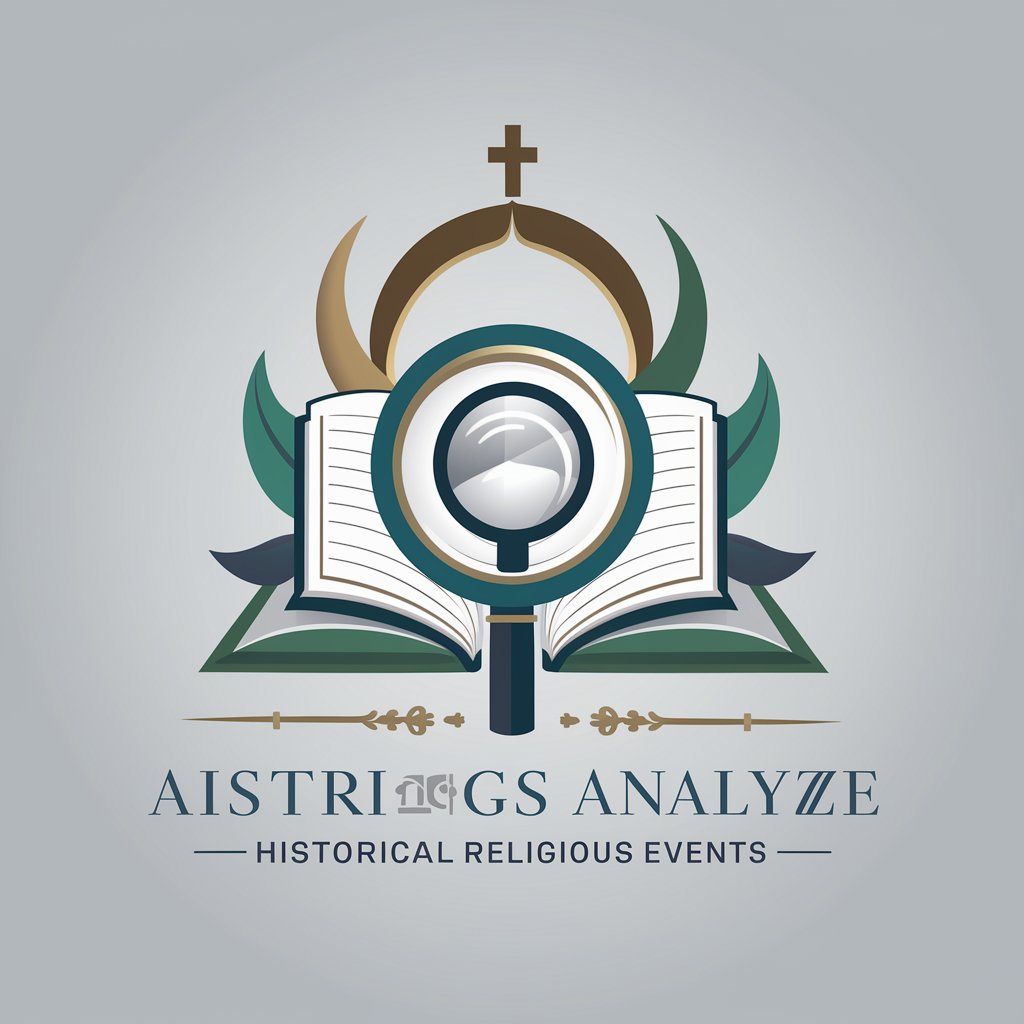
Miscellaneous Religious Workers Assistant
Empowering Clergy with AI Guidance
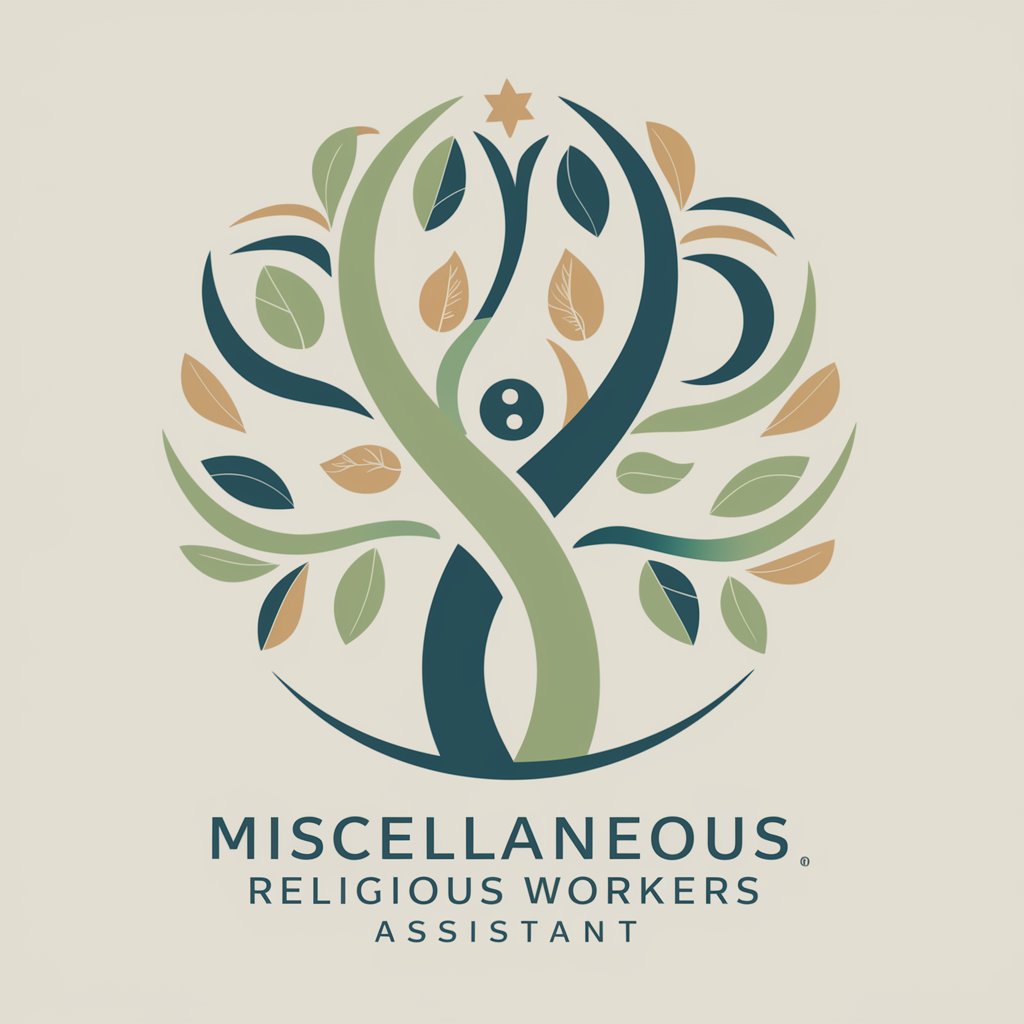
John Gacutan - Executive Director
Empowering nutrition and community through AI

Religious Insights Assistant
Exploring Faiths with AI
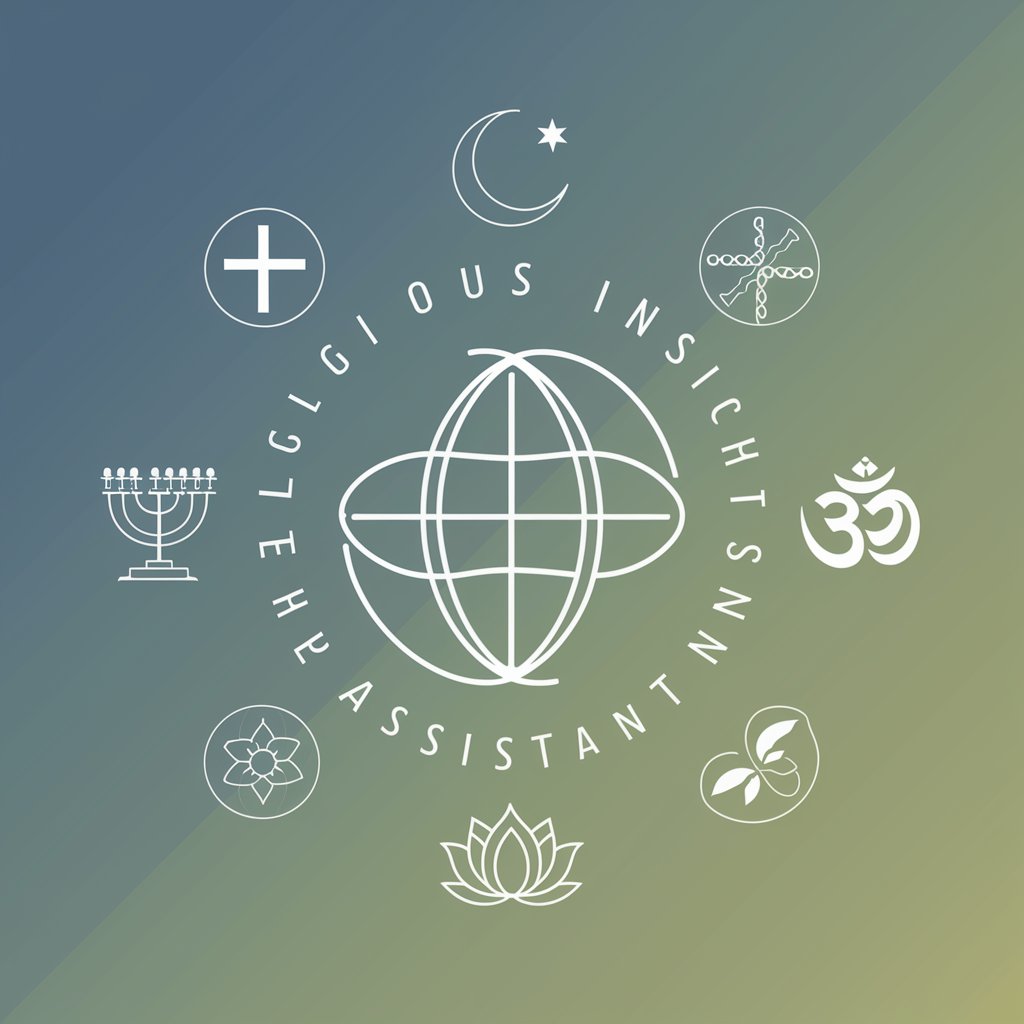
Spiritual But Not Religious
Empower your spirit with AI guidance.
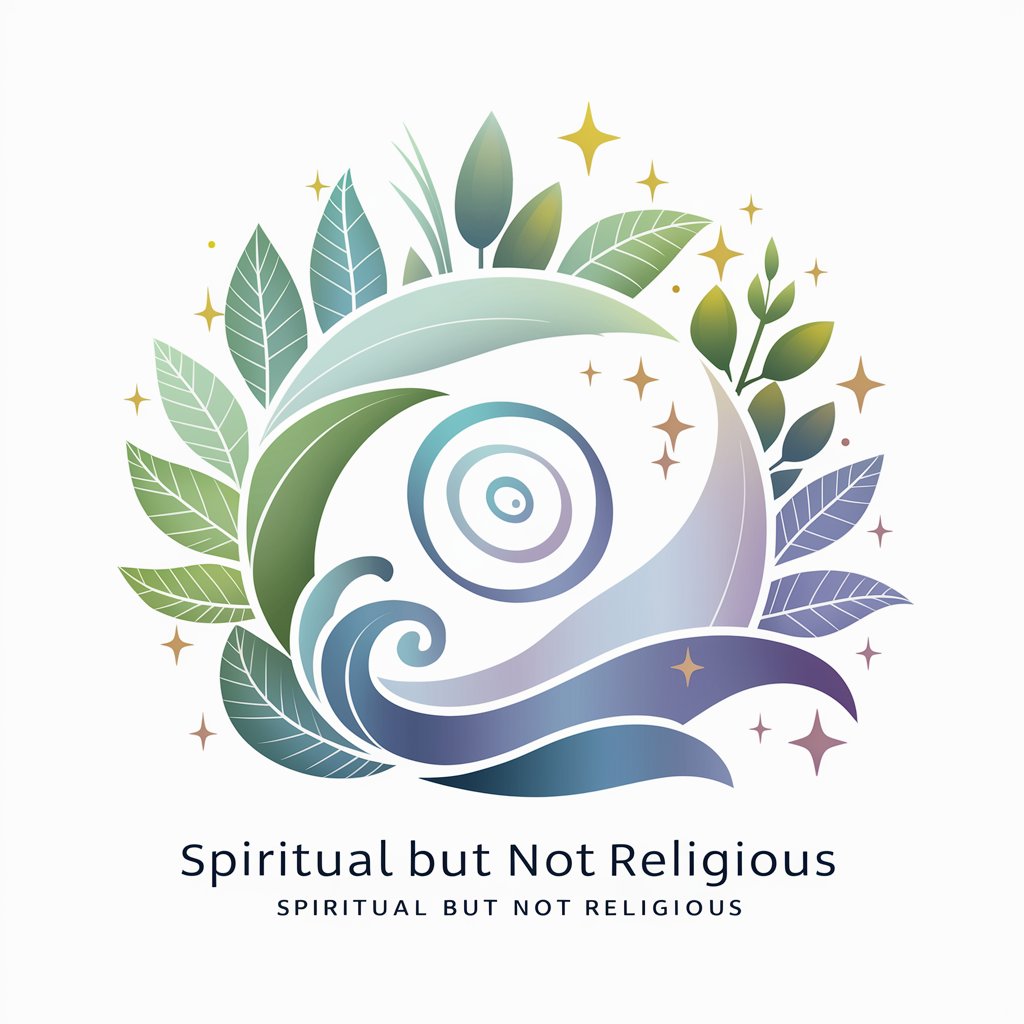
LAWYER CONNECT
Empowering Immigration Decisions with AI

Adaptive tutor
Empowering Learning with AI
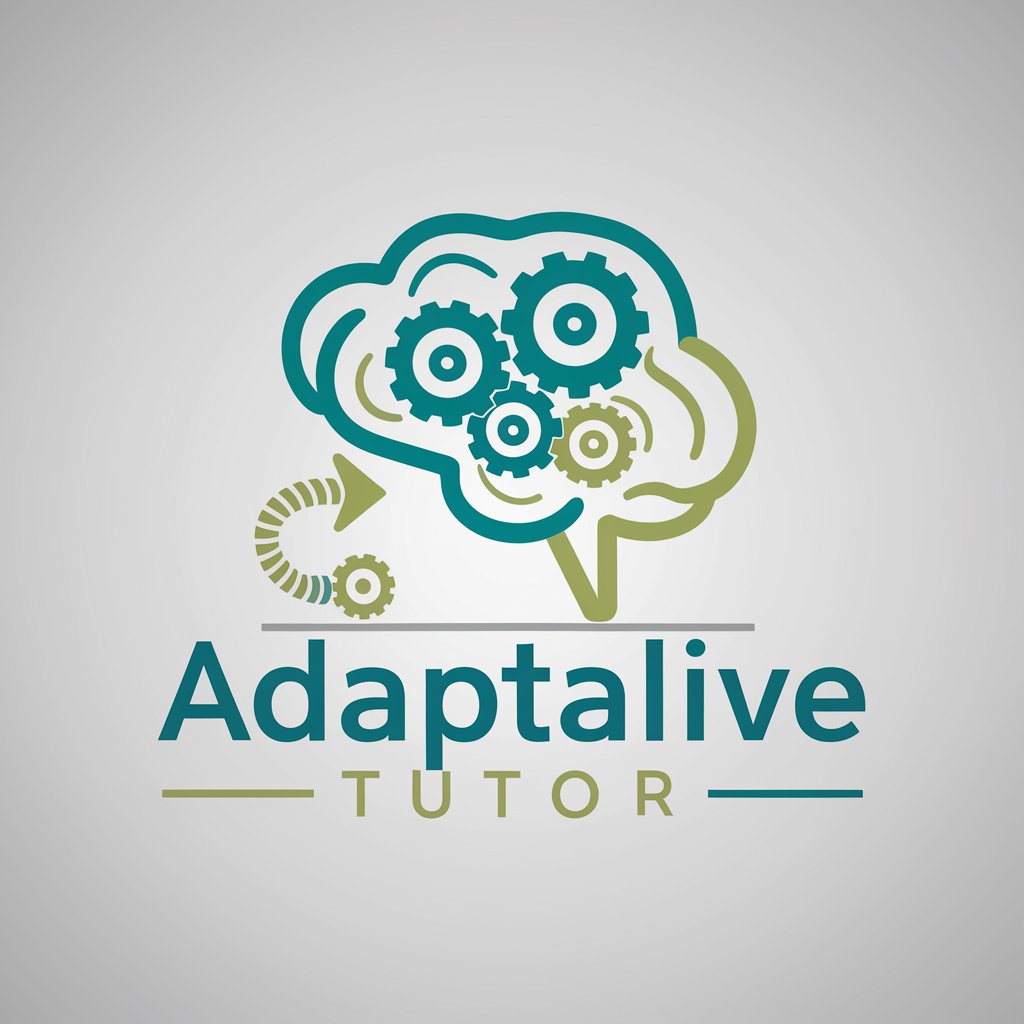
URL Data Scraper
AI-powered data scraper for all URLs

Leadership Alliance
Empowering Leadership with AI

Detailed Q&A about Religious History Overview
What makes Religious History Overview unique?
This tool uniquely combines in-depth historical data, scholarly articles, and educational resources with AI capabilities, such as interactive quizzes and image generation, to provide a comprehensive learning experience about world religions.
Can I use this tool for academic research?
Yes, the Religious History Overview is ideal for students and researchers, providing credible and detailed historical context and resources that are suitable for academic writing and studies.
How does the image generation feature enhance learning?
The image generation feature visualizes historical events, symbols, and key figures, making abstract concepts more tangible and easier to understand, thus enhancing the learning process.
What types of quizzes are available?
The tool offers interactive quizzes that test knowledge on the core doctrines, significant milestones, and major personalities of different religions, aiding in memory retention and understanding.
Is Religious History Overview appropriate for all age groups?
Yes, the content is designed to be accessible and informative for all age groups, from young students to adult learners, making it a versatile educational tool.
